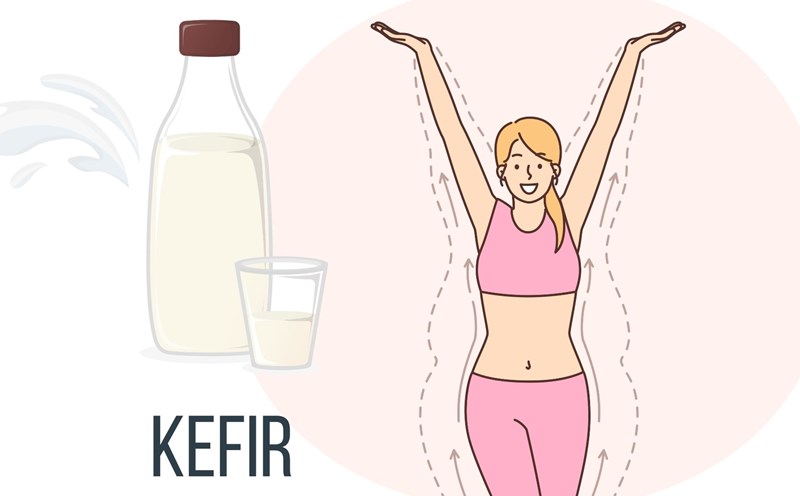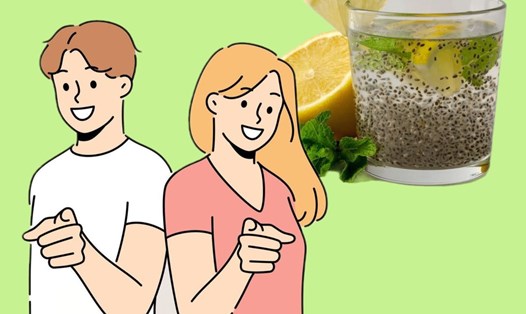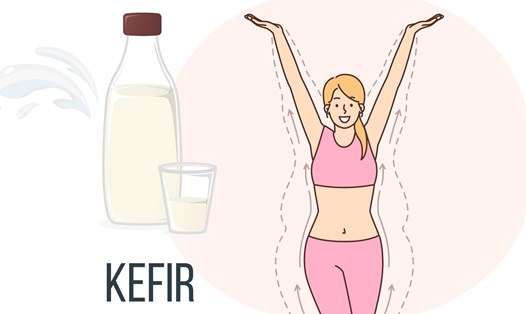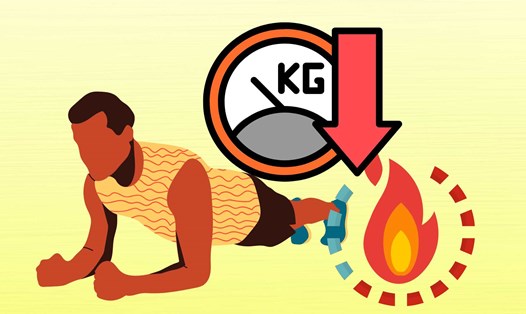Green tea
Green tea is rich in catechin, especially EGCG, which can stimulate metabolic rate and increase fat oxidation, a factor that contributes to weight loss when combined with diet and exercise. However, experts from Harvard remind that drinking green tea is a good habit when replacing soft drinks but does not help you lose weight significantly on its own. Drinking 23 cups/day is a reasonable choice.
Oolong tea
Many studies show that oolong, a fermented tea, contains polyphenols that help increase fat burning and improve lipid metabolism. Some small clinical trials have recorded a reduction in body fat and supported weight control after a few weeks of regular use, especially when combined with diet.
hibiscus tea (red artichoke)
Hibiscus is rich in anthocyanin, which has antioxidant effects and has been shown in several clinical studies to increase blood pressure, blood lipids and some metabolic markers, indirectly supporting weight loss goals and cardiovascular health. Note: you should drink sugar-free or very little sugar.
Ginger tea
Ginger has been studied for its ability to warm the body, reduce hunger and improve digestion. Some synthetic analysis shows that ginger can help with weight control by reducing portion sizes and increasing light energy expenditure. Using fresh ginger to make morning tea helps stay alert and supports metabolism.
Dandelion tea
Dandelion tea is often used as a mild diuretic, helping to temporarily reduce water retention and make people feel lighter, not fat loss. People with kidney disease, heart disease, or are taking diuretic drugs should consult a doctor before using.
According to experts, the above teas can be non- pharmaceutical supplements. The effectiveness of sustainable weight loss is still based on reasonable eating, reducing calories, and exercising regularly. Avoid weight loss tea products containing laxatives or ingredients of unknown origin.











